Pros And Cons Of Water Softeners
Here’s our pros and cons of water softeners including the benefits of soft water, cost, and water softener maintenance.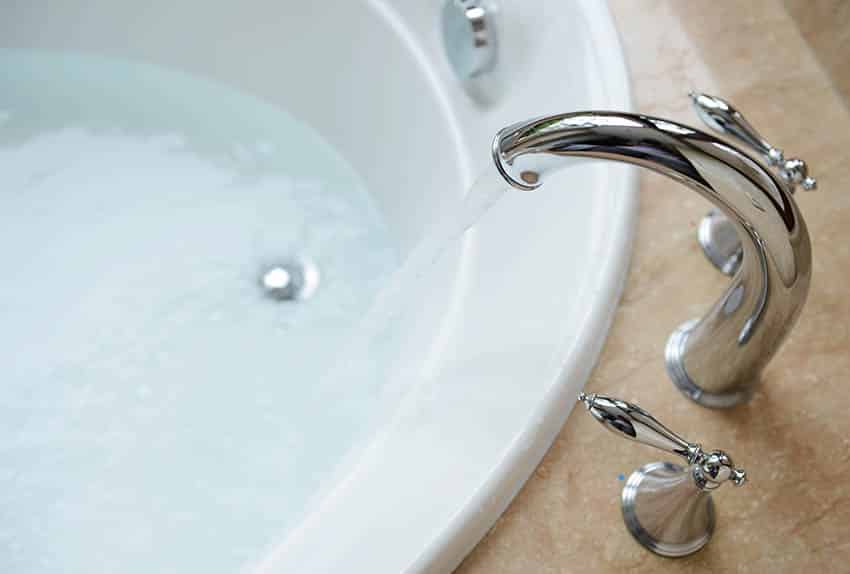
Among them are minerals. Minerals present in the water can alter its taste, texture, and affect your health.
As a result, many homeowners turn to water softeners to strip off the minerals from hard water. This article gives you an in-depth look at how you can benefit from water softeners. [toc]
Benefits Of Soft Water
As stated by the US Department of Interior and the Water Quality Association, the hardness of water depends on the level of calcium carbonate present. Soft water has less than 60 mg/L of calcium carbonate, while hard water contains 61 to 180 mg/L of calcium carbonate.
Over 80% of the US water supply is hard water, but they have properties that some people find undesirable. Read on to learn about the top benefits that soft water brings.
Soft Water Is More Skin And Hair Friendly
Not all minerals are good for you. In fact, high levels of calcium and magnesium in your water can strip off the natural moisture on your skin and hair. You may suffer from acne breakouts, itchy scalp, skin irritation, to name a few.
One way to combat these problems is with soft water. It helps prevent dullness in your skin and hair, doesn’t leave residue from your products that cause breakouts, and lessens the chances for unwanted chemical reactions. Soft water is gentle on your hair and skin.
Soft Water Tastes Better
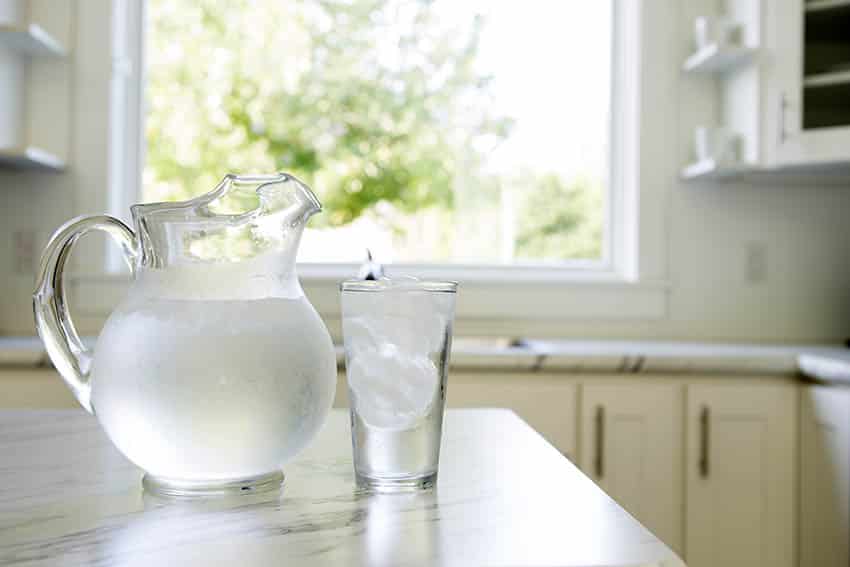
Now that you have an idea of the advantages of soft water, let’s take a closer look at the pros and cons of water softeners.
Soft Water Reduces Scums And Water Marks
Calcium, magnesium, and iron in hard water react differently with other components and minerals. For example, you may see spots on your kitchen appliances, scums and water stains in your bathroom, and the faucets left by hard water.
Make your life easier by converting to soft water instead. Because soft water has no calcium carbonate, they are less likely to leave scums and water stains.
Pros Of Water Softener
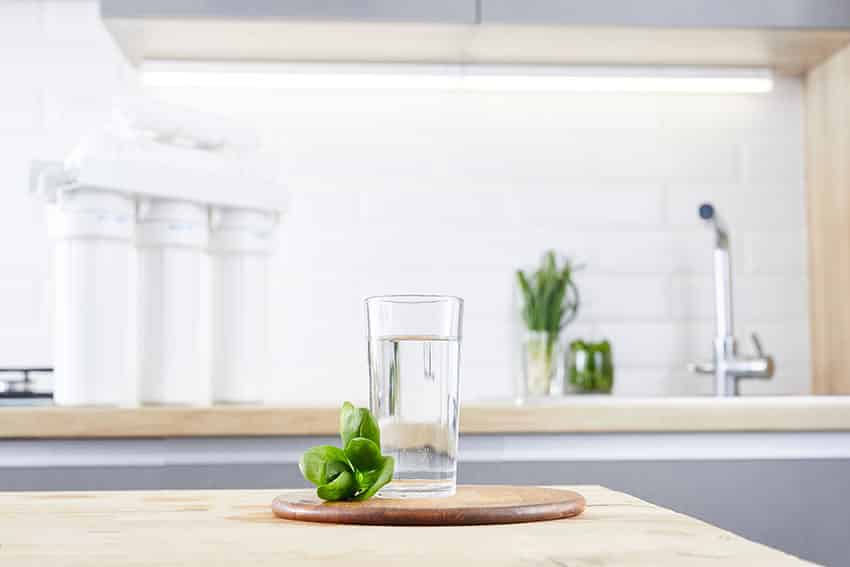
It Removes Minerals Efficiently
Often interchanged, water conditioners and softeners are not the same.
Water conditioners change the chemical makeup of your water but do not remove the minerals. Thus, causing problems in the long run.
A good quality water softener does an excellent job of filtering out all the unwanted minerals from hard water. Depending on your needs, you can choose to use an ion-exchange, salt-free, magnetic, or reverse osmosis water softener system.
It Provides Ready To Use Soft Water
There certainly are cheaper alternatives to using water softeners. You can boil the water, add baking soda, or use special chemicals to strip off the minerals. But they are far from convenient, especially if you need soft water daily. Installing a water softener makes your life easier by making soft water available anytime.
It Prevents Damages To Pipes And Appliances
The build-up in minerals from hard water can clog your water pipes, resulting in a weaker water flow. They also become more prone to damage. Because of this, your appliances like dishwashers and water heaters overwork.
Soft water is more compatible to use with most appliances and safer for your water pipes. Soap and detergent lather and wash off easily, thus lessening your water and soap consumption. A water softener also conserves the energy used by your home appliances.
Overall, a water softener helps you save money.
Cons Of Water Softener
Below are the risks and challenges of using water softeners to look out for.
It Poses A Health Risk For Some People
Some water softeners use sodium ions to remove unwanted minerals from hard water. Because of this, many believe that water softeners may increase a person’s sodium intake.
The sodium in soft water is not enough to cause health problems for a healthy person. People with underlying health issues triggered by increased sodium levels should consult a physician before installing a water softener.
It Is Difficult To Install
Water softeners are not something you can purchase with limited knowledge. They are also not for inexperienced DIY’ers, especially when it comes to plumbing.
Water softeners are a hefty investment and are best left to professionals to install. After all, you want everything to work smoothly.
Wastewater Can Become Toxic
Water softeners have a negative environmental impact. The toxic wastewater they produce as they filter your water can be dangerous to animals and plants.
But over the years, water softeners evolved to provide more sustainable options. Now, you can find modern and eco-friendly water softeners in the market.
How Much Does A Water Softener Cost?
Different water softener systems vary in price. On average, the equipment and installation can cost you between $1,000 and $2,800.
Ion exchange water softeners are the cheapest, at $500 to $2,000. Salt-free water softeners cost $800 to $4,000. Finally, reverse osmosis can range from $1,000 to $2,800.
If you opt for a more sophisticated system with other filtering features installed, you can expect to spend up to $6,000.
Water Softener Maintenance
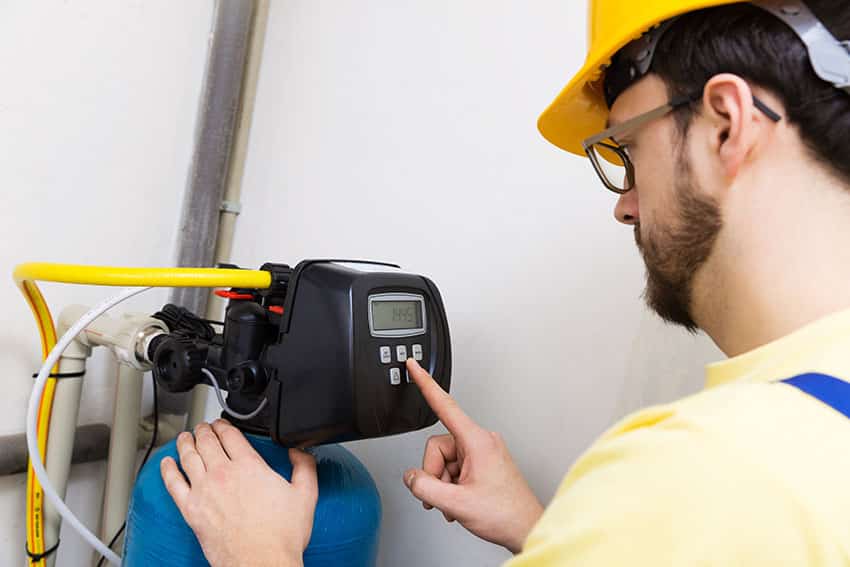
- Do a visual inspection of your brine tank for salt deposits around the sides before they solidify. Doing so ensures that the regeneration cycle of your water softener runs without a hitch.
- Clean the resin tank to rinse away unwanted particles.
- Test your water quality periodically or if you notice any changes in taste and texture.
Despite regular clean-ups, there are problems that are not visible when inspecting your water softener. That said, schedule an annual service with a professional to check the condition of your water softener.
Did we cover all the pros and cons of water softeners? Let us know if we missed anything in the comments below. For more related content see out list of the best home bar appliances here.

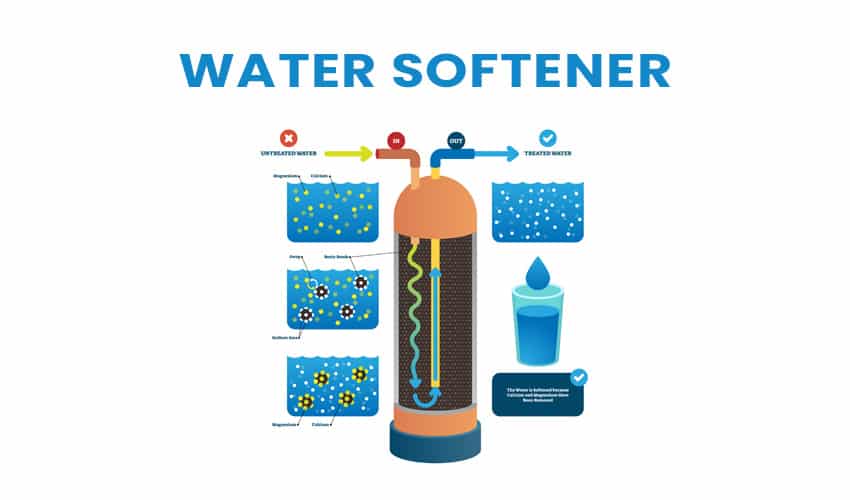

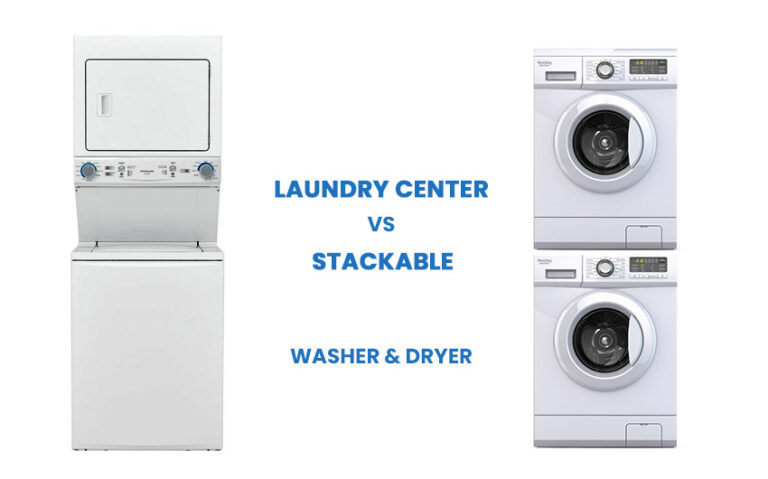
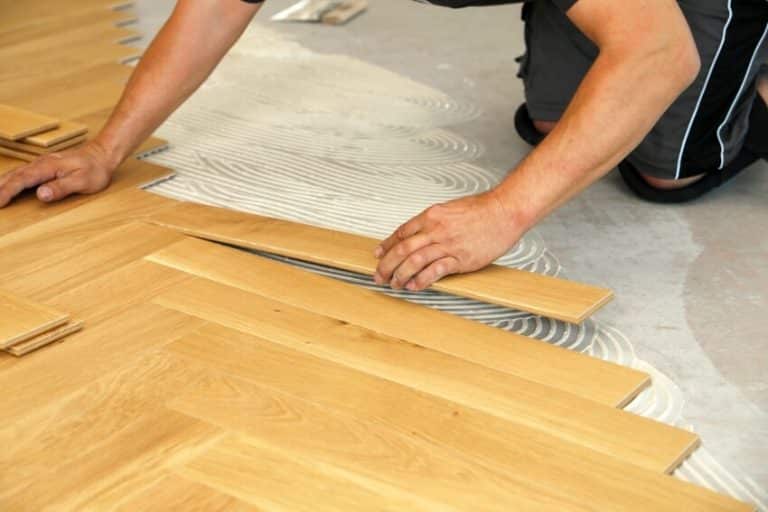
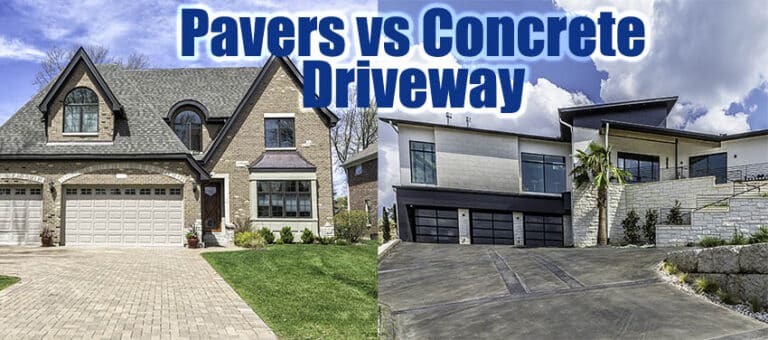
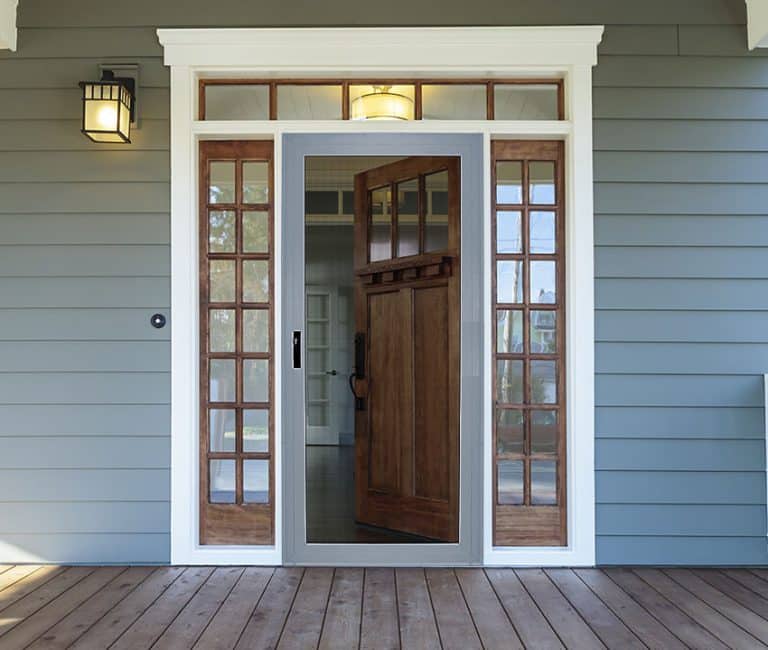
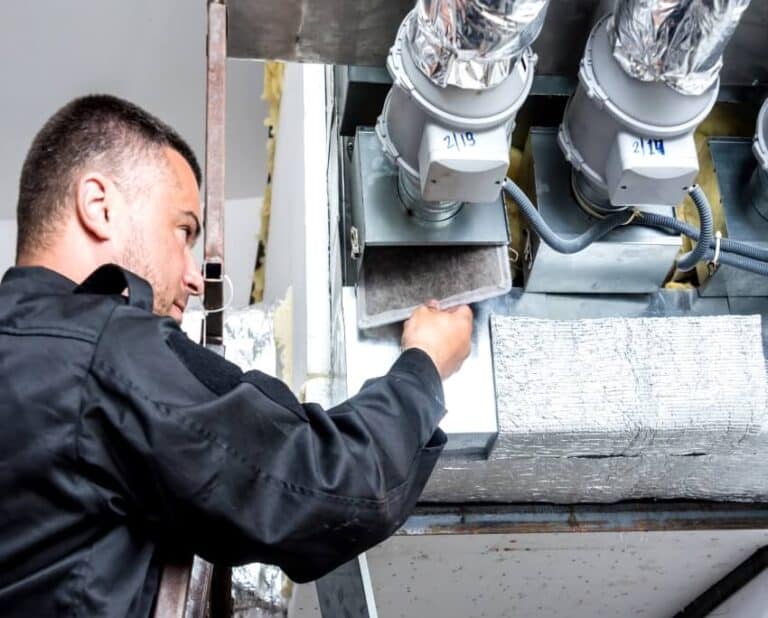
It is good to know that water softeners help to protect your appliances and water pipes from clogs or damage. My husband and I just purchased all new kitchen appliances that we want to use for a long time. We’ll have to look into having a water softener installed to make the water safer for our appliances.
Thanks for pointing out that you can help protect the pipes in your home by using a water softener. I want my home’s pipes to last as long as possible, so I’m considering buying a water softener for it this month. I’m going to look for a good business in the area that can sell me a water softener.